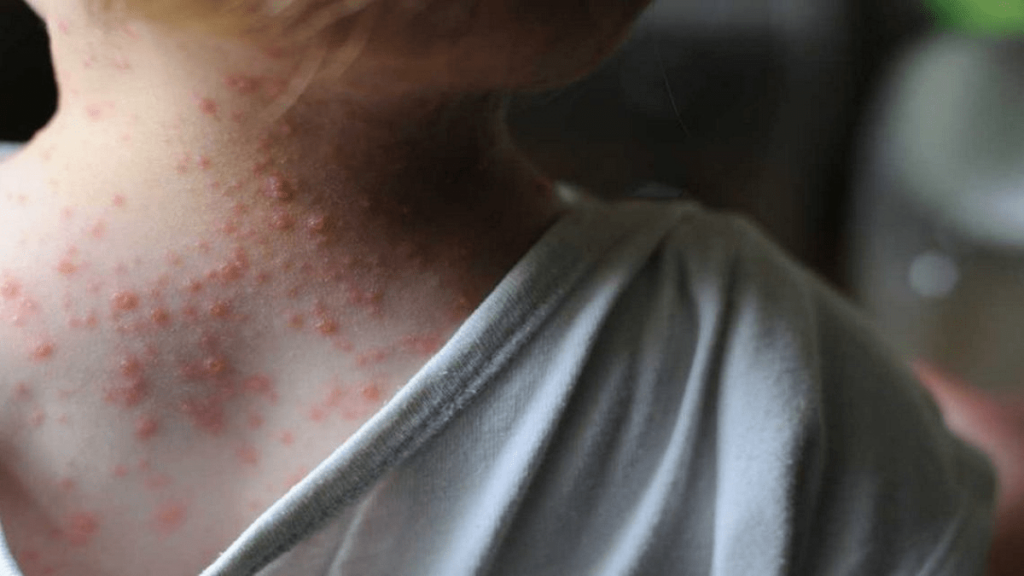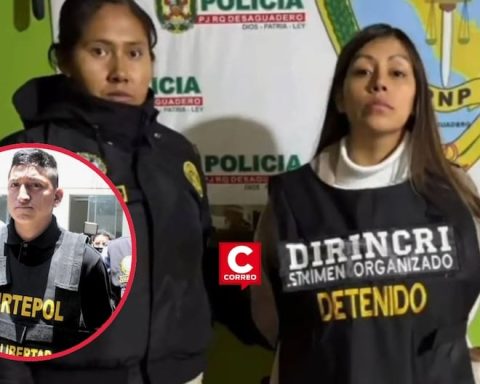The Minister of Health, María Begoña Yarza, referred to the Public Health Emergency of International Interest declared by the World Health Organization (WHO) due to the current outbreak of Monkeypox after more than 16,000 cases had been registered in worldwide in 75 countries, most of them in Europe.
Regarding the situation in Chile, Minister Yarza sent a message of calm to the entire population, and assured that the country “is alert and has the capacity to evaluate and provide care to anyone who arrives at an emergency service when they have injuries that are suspicious”, adding that there is an installed capacity for testing, traceability and isolation of cases in all regions of the country. In particular, she highlighted the certainty diagnostic capacity, giving the population “the peace of mind of having a diagnosis from the installation at the Public Health Institute of the PCR test.”
On the occasion, the Minister highlighted that on June 17, in line with the WHO recommendations, the Ministry of Health decreed a Health Alert for the disease, a measure that will be in force until September 30, 2022 throughout the country, giving He says that “It has allowed us not only to have the surveillance that we already had since May, but to intensify it and have at each point of our network the ability to suspect and confirm if necessary.”
“We also want to inform you that we are coordinated with PAHO and with the entire healthcare network, the Undersecretary of Public Health and the Department of Epidemiology, and the entire health system, coordinating all the initiatives and information necessary so that, in this emergency, of international interest, we carry out all the activities and implement all the necessary measures so that, just as we did with COVID, we move forward,” he said.
Also participating in the conference were the Undersecretary of Public Health, Cristóbal Cuadrado, the Undersecretary of Healthcare Networks, Fernando Araos, the head of the Department of Epidemiology of Minsal, Christian García, in addition to the PAHO representative and reference for the management of health emergencies, Mario Cruz.
Chile currently has 39 confirmed cases of Monkeypox, 1 probable case, 55 discarded cases and 16 discharged cases.
What are the symptoms?
It is usually an acute skin rash on the hands and feet, however, many of the cases have presented a few lesions or even a single lesion. They are of special care and suspicion lesions that occur in the genital, perineal or perianal area. These injuries may be preceded by headache, sudden onset of fever over 38.5°, muscle pain, back pain, a feeling of exhaustion, and swollen or swollen lymph nodes.
How is it transmitted?
Mainly from close skin-to-skin contact, including sexual intercourse. Transmission in people can occur by direct contact with skin lesions or exhaled droplets from an infected person, or with objects recently contaminated with from the patient’s skin or fluids (such as towels or sheets). The average incubation period can range from 6 to 13 days with ranges from 5 to 21 days. There is no evidence that monkeypox virus is sexually transmitted.
How is it diagnosed? Do we have that exam in Chile?
For confirmation of cases, polymerase chain reaction (PCR) is the recommended laboratory test. The optimal diagnostic specimens for monkeypox are skin lesions: the roof or fluid of vesicles and pustules, and dry crusts. Lesion samples should be stored in a dry, sterile tube (no viral transport media) and kept cold. The samples must be collected in compliance with biosafety conditions to be subsequently processed by the ISP, which is the national reference laboratory for the diagnosis of this disease.
















